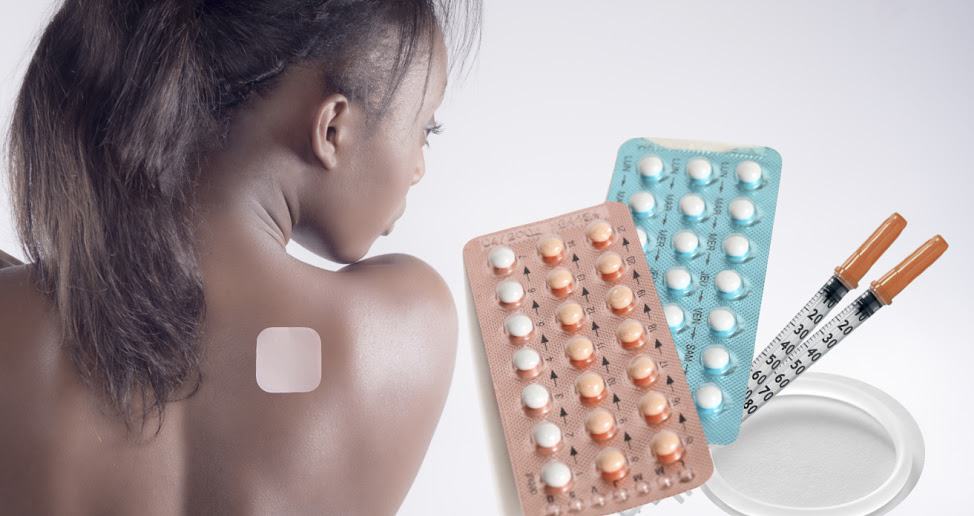Emergency contraceptive pills (ECPs) are pills that can be taken up to 120 hours (5 days) after having unprotected sex. Some types of emergency contraception work best when taken within 72 hours (3 days) after intercourse.
This article explains how the ECP works, and some of its major side effects.
Does This ECP Really Work?
It has a success rate of 98% for those of average weight when taken within four days of unprotected sex.
The ECP is not as effective if you weigh more than 70kg and in this situation, a copper IUD is recommended. If you decide you want to take the ECP, you should take a double dose – two ECPs together.
How Does Emergency Contraceptive Pills Work?
Emergency contraceptive pills work by delaying ovulation (the release of an egg during the monthly cycle). If fertilization and implantation have already happened, ECPs will not interrupt the pregnancy.
Side Effects Of Emergency Contraceptives
This ECP can cause some minor side effects which would only last for a few days. Some of these side effects include but not limited to:
- Nausea
- Vomiting
- Abdominal pain
- Fatigue
- Breast tenderness
- Headaches
- Ectopic pregnancy (if it fails)
- Temporary irregular menstrual period
Long Term Side Effects of Emergency Contraceptive Pills
[the_ad id=”141976″]
There’s this myth that ECP makes it harder for you to get pregnant later on, and this, according to them is the long term side effect of emergency contraceptives. This myth isn’t true.
Below are some facts you need to know about ECPs:
- It contains progestogen, which is a very safe hormone.
- It doesn’t make it harder for you to get pregnant later on.
- It’s not harmful if you use it more than once.
- It won’t cause an abortion if you are already pregnant.
- It doesn’t work once the egg has been fertilised.
- It doesn’t harm you or a developing embryo.
- It will not prevent pregnancy if unprotected sex happens after taking the ECPs.
- Emergency contraceptives is not recommended:
- for females who know they are pregnant
- as a regular birth control method (it’s designed for emergencies)
Who Can Take Emergency Contraceptives
If you find your self in any of the following scenarios, you should take an ECP:
- If a condom breaks or slips off
- If a diaphragm or cervical cap slips out of place
- If birth control pills are missed for 2 days in a row
- If forced to have unprotected sex
When Should You Worry
A lady who used ECP should consult a doctor if she:
- might be pregnant
- has a change in the smell or colour of her vaginal discharge
- has unexplained fever or chills
- has belly or pelvic pain
- has pain during sex
- has heavy or long-lasting vaginal bleeding
[the_ad id=”141977″]
Conclusion!
The ECP is not as effective as other contraceptive methods, doesn’t protect you from sexually transmissible infections (STIs) and doesn’t protect you from pregnancy for future sex, so it’s unwise to use it as a regular method of contraception.



[…] may be, such an idea raises interesting questions, according to Daily Dot’s EJ Dickson. Does the contraceptive detect diseases in the user or his partner? Or both? And can it distinguish between the […]
[…] 95% if taken within the first 24 hours after intercourse. Mostly, Postinor 2 is used as a form of emergency contraception (more commonly known as a morning-after […]
[…] your dentist if you should stop taking oral contraceptives if you have a tooth extraction. Some studies show these medications may increase your chance of […]
[…] can have major consequences. A conversation on safe sex ought to include topics such as STDs, contraception, abstinence, peer pressure, sexual consent and diversity within sexuality as a whole. Maybe break […]
[…] douching and using vaginal products, such as sprays, spermicides, and birth control devices […]